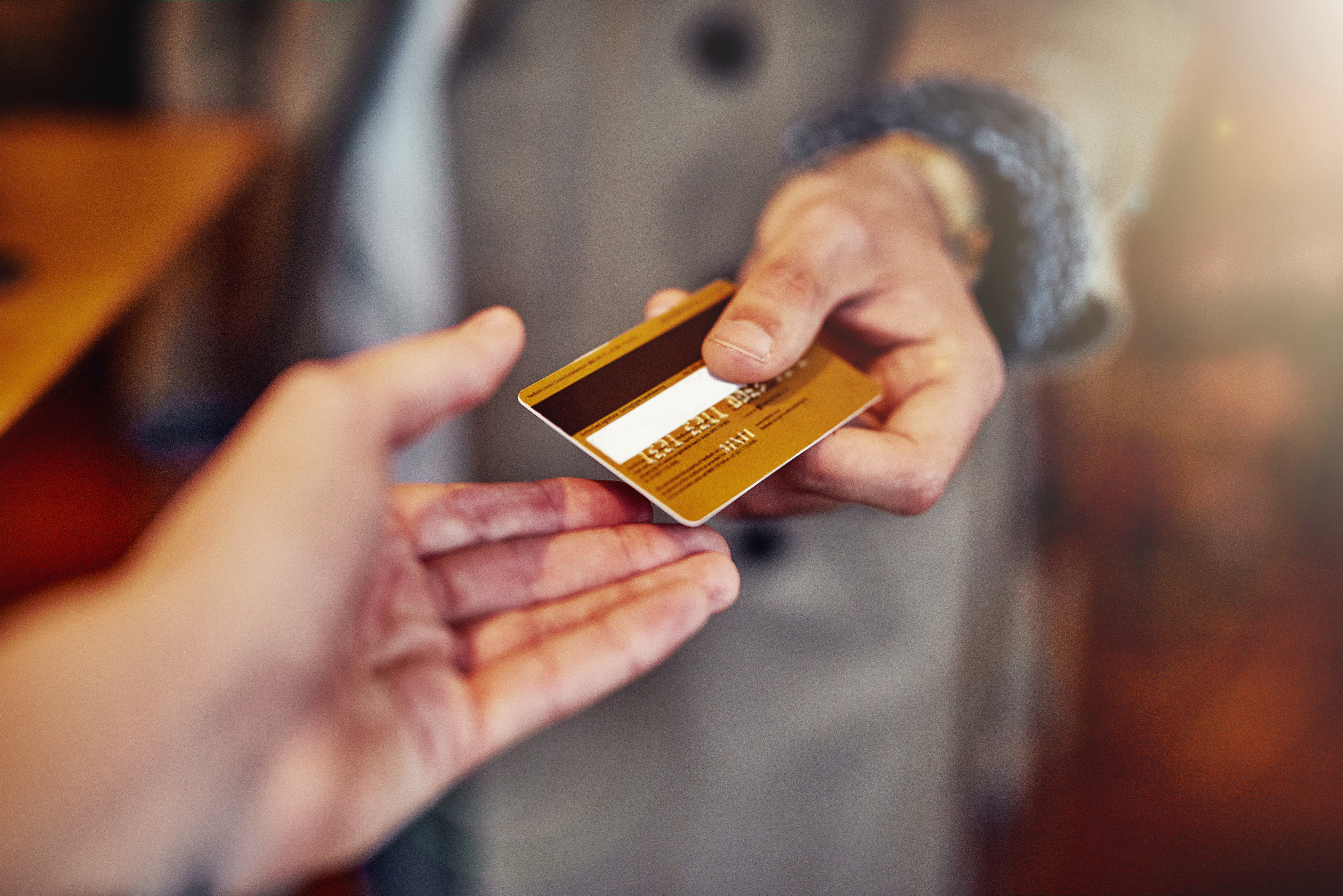What Can I Use a Personal Loan For? A Guide for Financial Newbies
The big question is: How can a personal loan help me? Lets give an example, meet Sam, 24, just landed a full-time job after years of working...

Credit cards tend to have a bad reputation for getting people in trouble, but in many cases, it isn’t the cards themselves that are the problem. It’s how we use those credit cards—or misuse them—that’s the problem.
If you know how to use credit cards wisely, you’ll be able to do more than just stay out of trouble. You’ll actually be able to use your cards to improve your personal finances, including building a good credit history to help you get approved for more loans, and at better rates than you otherwise might. Best of all, all you have to do to use credit cards wisely is to remember a few guidelines.

If you’re going to use a credit card wisely, you have to know what its terms are. Fortunately, it’s not hard to find these terms. Lenders and credit card companies are required by law, to provide you with an account opening disclosure and a credit card agreement, prior to issuing a credit card. These disclosures outline all the costs and fees associated with the card, along with terms and conditions.
Among the terms you should pay attention to are:
APR—The Annual Percentage Rate. This is the interest rate that will be applied to your credit card.
Annual Fee—Check to see if the credit card has an annual fee. Some rewards cards do charge an annual fee.
Over-the-limit Fee—Some credit card issuers will allow you to go over your established credit limit. However, for the card issuer to assess a fee, you must opt-in to allow your card to go over the limit and be assessed a fee. It's best not to "opt-in" to allowing your card to go over its limit. This can negatively impact your credit, and you will be charged fees.
Balance Transfer Fees—Check to see if there is a fee for transferring balances from one credit card to another. It's best to find a card issuer that does not charge these fees.
Cash Advance Fee—It's best not to make cash advances from your credit card. But if you think you may have to one day, it's best to make sure you know if there are any fees for cash advances.
Replacement Card Fees—This is kind of a rare fee, most card issuers don't charge this fee, but it's always good to know if you might have to pay for a new card if yours is lost, stolen or damaged.
Late Payment Fees—These fees can be pretty steep. Know what the fee is for paying your bill late, and plan accordingly-whether you pay by mail or online. Know whether your bill must arrive by a certain time on the due date.
Evaluate fees based on how you use the card. For example, if you think you might have to use cash advances, know what the interest rate is, and know that the interest rate is typically higher on cash advances than purchases. Remember, some rewards cards do have annual fees, so you'll want to make sure it's worth it for you.
Press play for Nate’s quick tips on using credit cards vs. debit cards.
One of the biggest secrets of credit cards is that they only charge interest on balances that aren’t paid off by the due date. That means if you can pay off your balance each month, you won’t get charged interest. You’ll also want to make sure you make your payments on time in order to avoid being charged late fees or having your interest rate increased.
A lot of credit cards, especially rewards credit cards, can offer some attractive terms. However, the more credit cards you have, the more difficult it is to keep track of how much you’ve charged to them and when you’re supposed to pay them off. Instead, start with one credit card, and once you feel comfortable balancing it, you can consider opening another.
Finally, check your credit card statements each month, whether you get them in the mail or you receive them online. When you do this, you’ll have a chance to look over the charges you put on your card in the last month. This gives you a chance to spot any unfamiliar transactions, which can help protect you from identity theft or fraud.
Credit cards have a bad reputation for getting people in trouble, but the truth is you have to know how to use them wisely. Make sure you know the terms of each credit card you apply for, pay off your balance on time every month and review your credit card statements each month for any unfamiliar transactions.
You can also get help using your credit card wisely when you become a First Alliance Credit Union member. You can easily make payments from your checking account or savings account using our electronic bill pay service, and if you have a First Alliance credit card you can even use the My Cards feature in our online banking platform or mobile app to get more details about each transaction, receive notices about your transactions and even get insights into your spending.

The big question is: How can a personal loan help me? Lets give an example, meet Sam, 24, just landed a full-time job after years of working...

You probably know about personal loans and how versatile they can be, but you might not know about personal lines of credit. Personal lines of credit...

If you use a credit card properly, it can be an amazing tool. When credit is used irresponsibly, however, it can become your worst nightmare. You can...